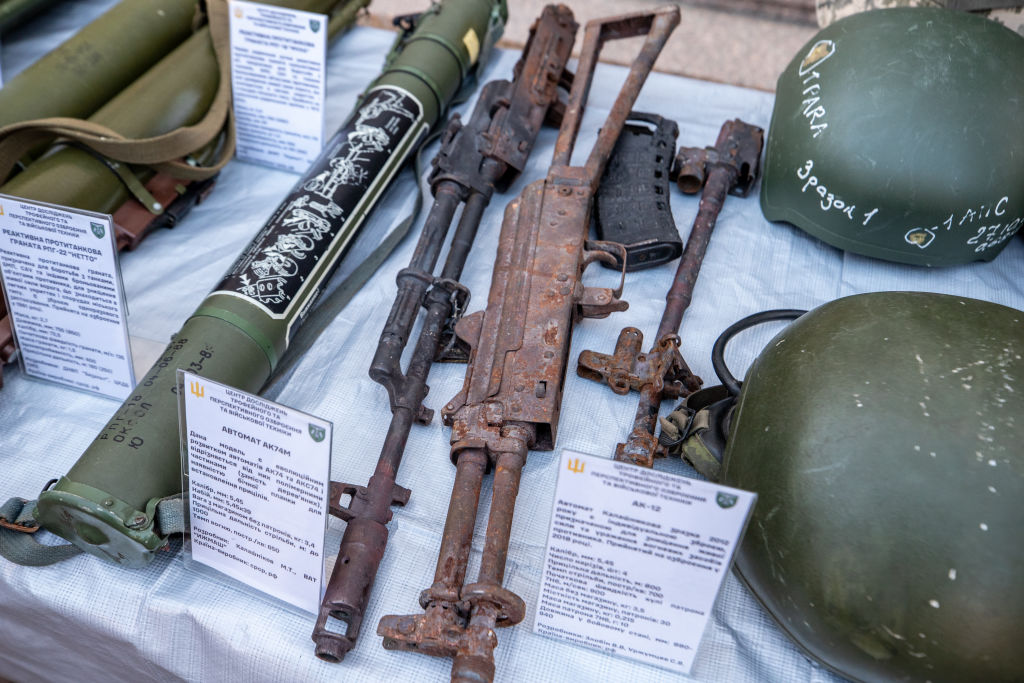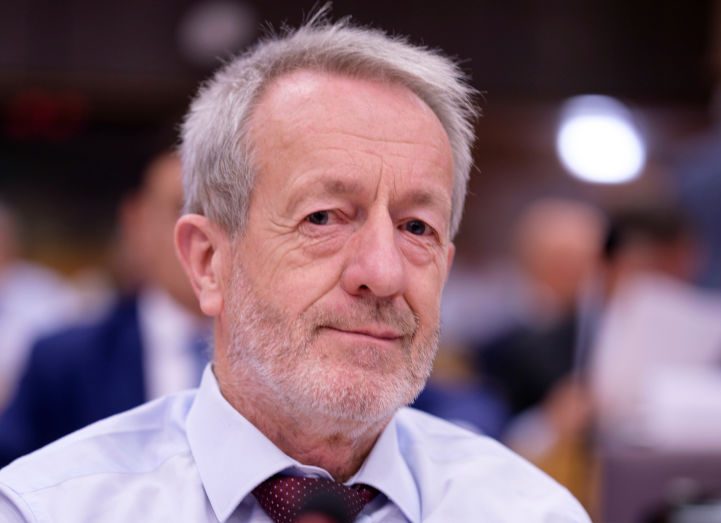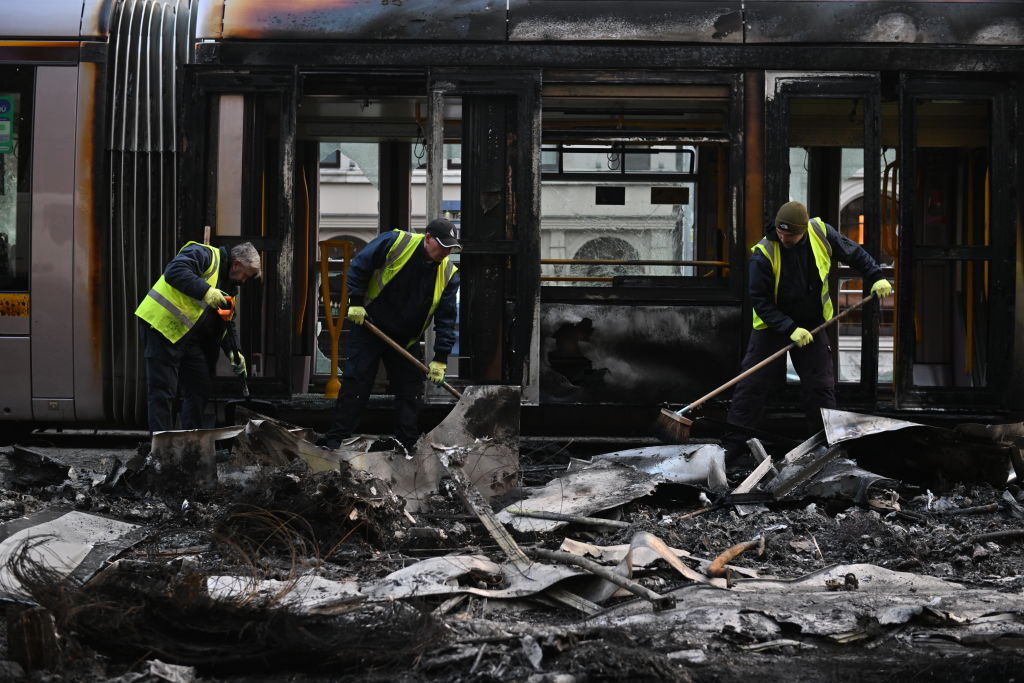The British Parliament has offered £3.3 billion (€3.7 billion) in funding to politicians in Northern Ireland as part of another effort to restore local government.
The move would represent a £800m (€920m) increase on the UK Government’s last offer aimed at restoring the devolved Stormont executive in Northern Ireland, which has been dissolved since the 2022 elections there.
Many pro-UK Unionist politicians have since refused to re-enter the region’s government over fears the European Union could pry the territory away from Britain and the UK single market.
Westminster had hoped by providing additional funding, combined with a promise to further tighten the Windsor Framework agreed with the EU earlier this year, it would resolve the stand-off and coax Unionist politicians back into power before Christmas.
The Windsor Framework relates to goods crossing the Irish Sea from mainland Britain to Northern Ireland. It aims to reduce checks and paperwork on goods that are destined for Northern Ireland and separates them from goods at risk of moving into the EU Single Market.
Northern Ireland’s most popular pro-Britain group, the Democratic Unionist Party (DUP), is apparently against the latest offering.
“There are a number of issues that we need to deal with,” party representative Gordon Lyons said.
“We don’t care about short-term fixes, we want to get this right for the long term, as well as dealing with those constitutional, trading and economic issues.”
He insisted efforts to force the DUP back into a Northern Irish government before Christmas would fail and that it was more interested in results than “arbitrary timeframes”.
“We have said from the start of this process that we are not calendar-led, we are condition-led,” he said.
Westminster and Whitehall do not have the bottle to stand up for the interests of the British public, writes @Towler after Brussels hits the UK with a €32m fine for permitting the use of cut-price boat fuel in Northern Ireland. https://t.co/zxWrrMpMwb
— Brussels Signal (@brusselssignal) September 30, 2023
Building a government in Northern Ireland is impossible without representatives from the DUP, as power-sharing rules require representatives from parties representing pro-British and pro-Irish independence factions to be present.
The DUP’s standpoint has caused frustration, with Ireland’s deputy PM Micheál Martin expressing his annoyance at the Unionists’ refusal to re-enter Stormont.
“I’m not clear what’s left to negotiate,” said Martin.
He went on to call the DUP’s refusal a “denial of democracy”, adding it was “unacceptable” that Northern Ireland currently does not have a devolved government.
Some pro-UK unionists in the region appear to be pleased with the DUP’s decision not to budge over the latest potential deal, insisting issues to do with the post-Brexit economic separation of Northern Ireland from Britain have not been resolved.
New checks on goods arriving in Northern Ireland from mainland Great Britain come into force on October 1 under the terms of the Windsor Framework. https://t.co/YpOy74am8b
— Brussels Signal (@brusselssignal) September 30, 2023





